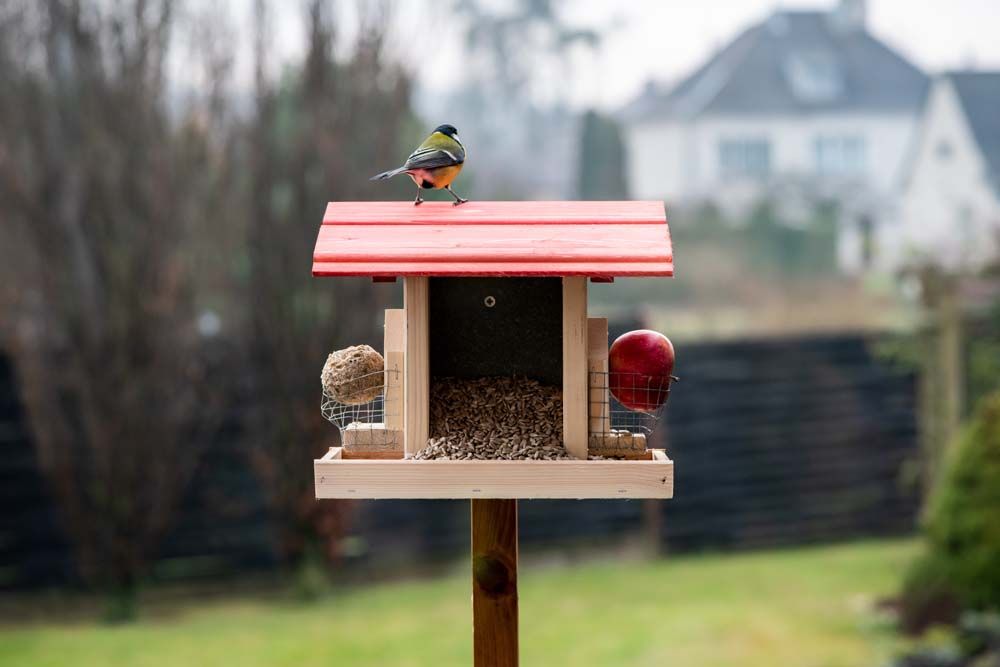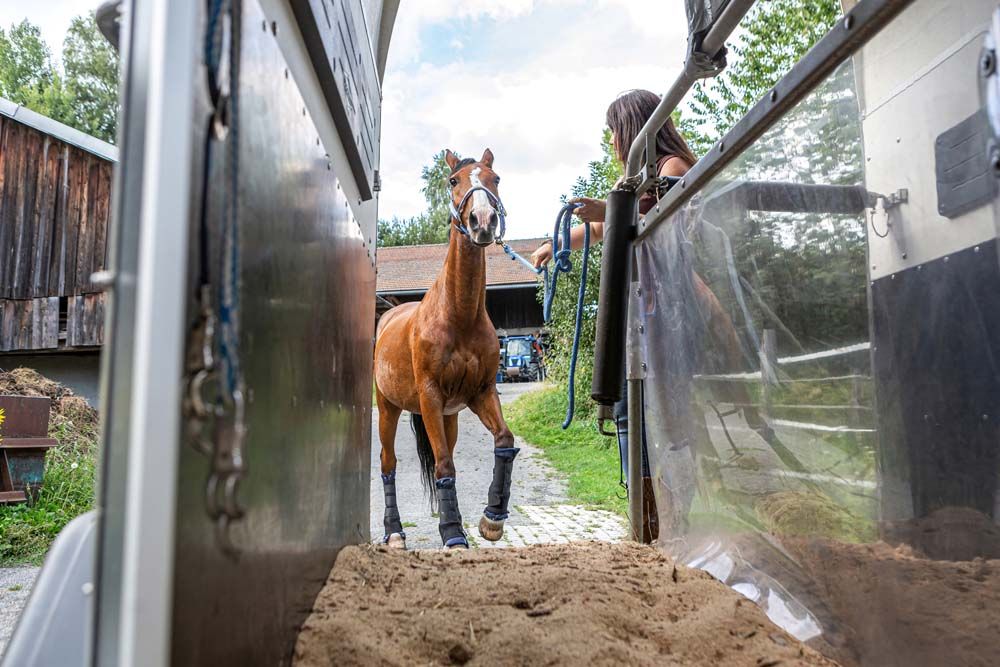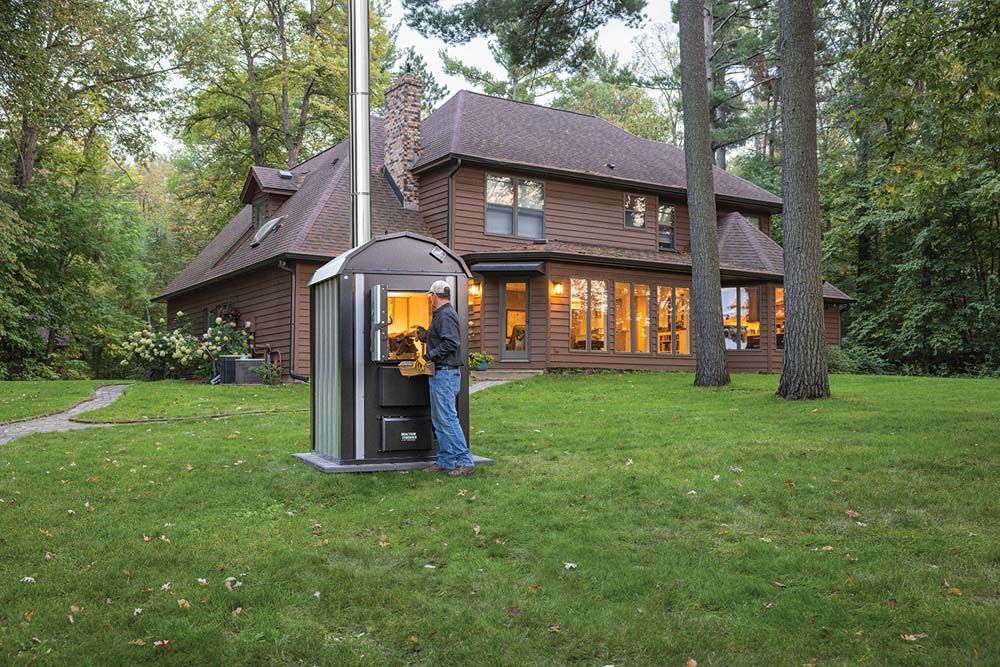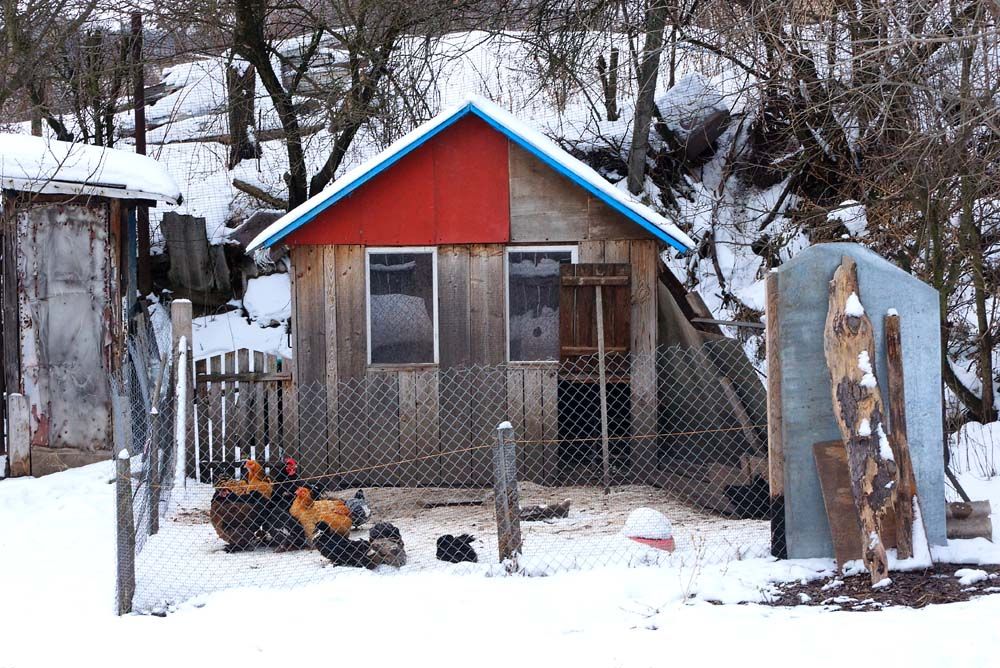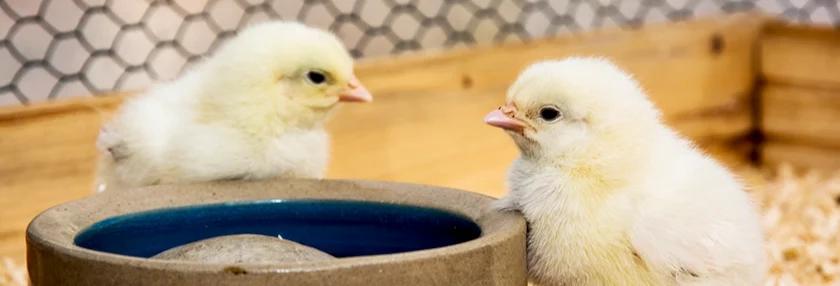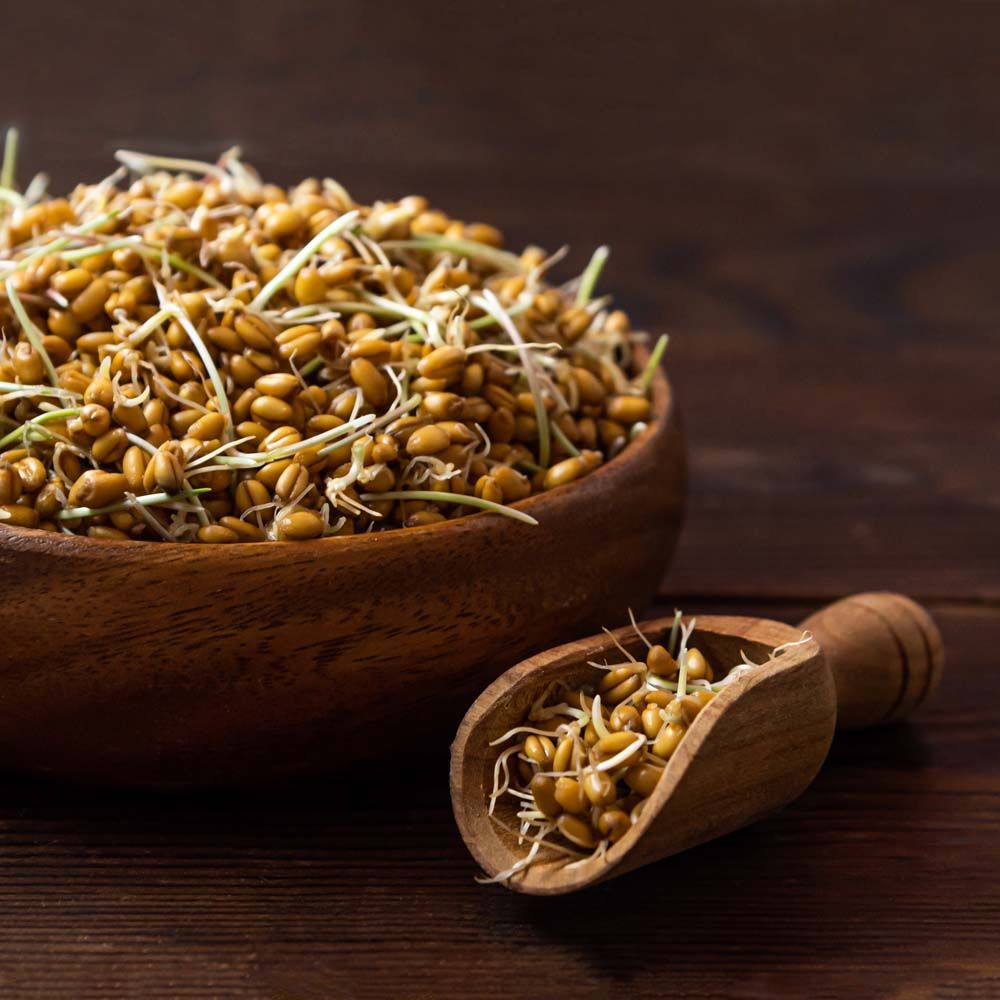How to Introduce New Hens to Your Flock
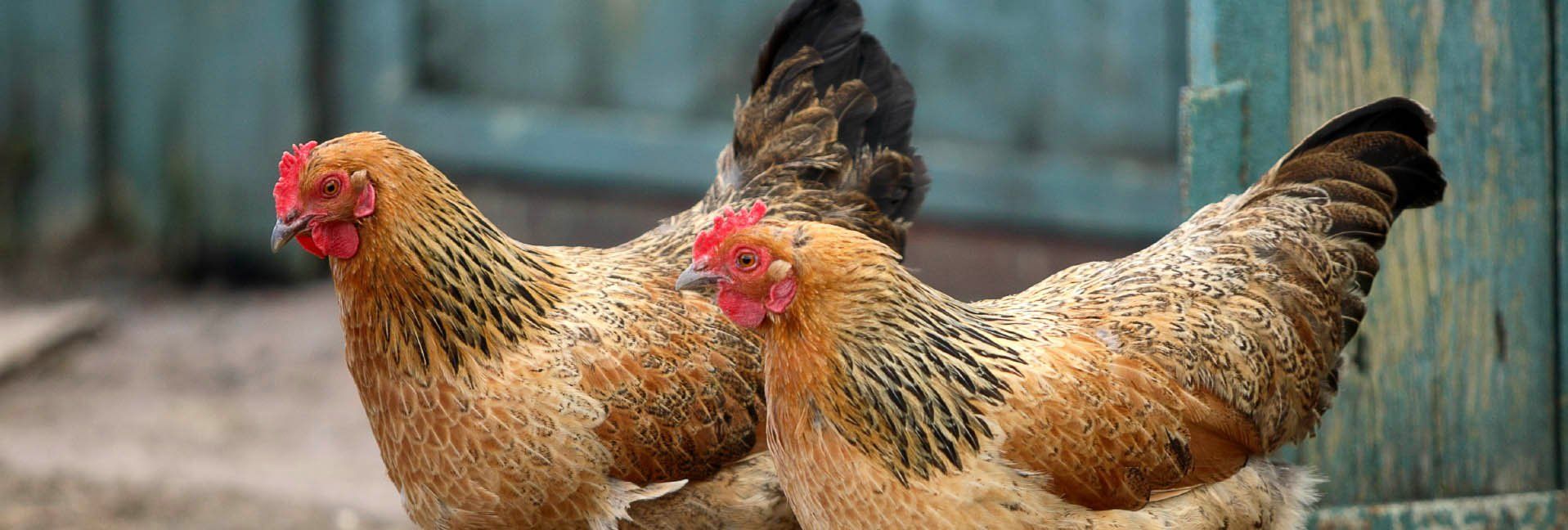

It’s that time of year when folks are thinking about spring and adding some new chickens to their existing flock. Maybe you have an old flock of girls and they’re getting to the age where they just do not produce as many eggs or maybe you’re just dreaming of adding some new egg color to your basket. Integrating young pullets into a flock of older hens can be tricky, but not totally impossible.
The most important thing to think about when you’ve decided to add newbies to the flock is where to keep them until they’re ready to be integrated. You will need a small coop, or partition off an area in your existing coop for the newbies to live until they meet the criteria of the paragraphs below.
It’s best to introduce them in close proximity to the older, existing flock so they can see each other and visit through the wire.
When adding new pullets into your flock, you need to take into consideration the age, size, and number of pullets you are going to ingrate.
How many?
Let’s begin with the number of pullets. It’s never a good idea to introduce one pullet to your flock. As a chicken breeder, I fill lots of orders every year where people order one lonely pullet to integrate into the flock. Usually within about a month’s time (or sooner) they’re calling me back, asking for a bird of that same age to be shipped out ASAP. The best number when integrating is four—the more the better—and one is never a good idea.
How old?
Now let’s talk about the age. If you’re ordering pullets from our farm that will be shipped to you in the spring, they’re usually around seven weeks of age when we ship them out.
A pullet of this age should never be added to a flock of older hens. You will need to let the new little girls mature to around four or five months of age, preferably five months, before you begin the actual integration process.
This is where size comes into factor; you want the new girls to be comparable in size to the old girls.
How long?
So you’re finally to the point you think the newbies are old enough and large enough to join the others. Only begin this process over a course of several days when you will be home to watch.
Over the years I’ve gotten several phone calls from distraught customers saying, “I put my new little hens in with my old hens today to integrate them, and when I got home from work three had bloody tails and one is dead!”
The answer is to watch the process. Make sure you will be home to watch them interact, as it can turn ugly in a hurry. When that happens, work quickly to separate the bad actors from their victims.
A little at a time
Begin the process slowly. If you’re outside cleaning the coop, gathering eggs or just visiting with the girls, that is a great time to let everyone mingle together while you are there to watch.
You can also get them use to free range time in the evenings. One hour before dark, let them all out while you watch. That gives them a short time to forage right before they roost.
Short spans of visiting time helps them to get acquainted.
Adjust the pecking order
So what if you feel you have successfully integrated them, but you see one old bird that is just a real bully? (And let me tell you there is always one!)
My recommendation is to take her and one of her close friends out of the flock for about a week and then bring them back in. The errant hen will have some “alone time” with her friend, but importantly they will lose the connection with the rest of the flock, giving everyone time to adjust.
Sometimes that helps the pecking order to shift.
Now that you have them all living as one happy flock, don’t allow boredom to creep in. Keep them busy. Give them a flake of straw every so often to scatter around. They absolutely love this! Each day scatter scratch grains, cracked corn, or meal worms in the straw for them to scratch around and find.

Acreage Life is part of the Catalyst Communications Network publication family.





